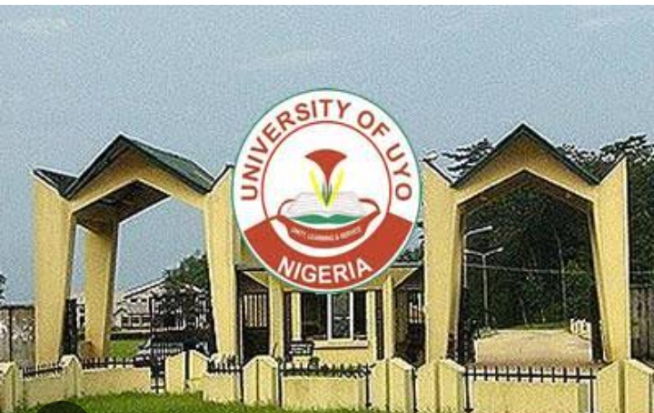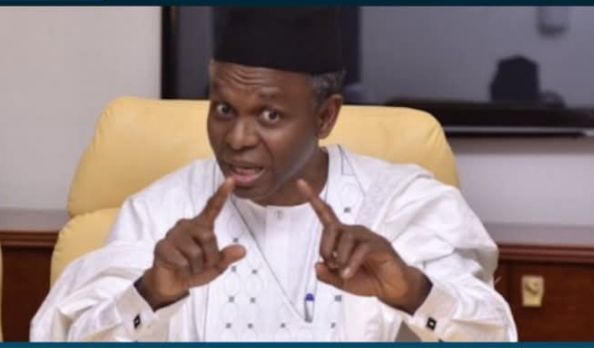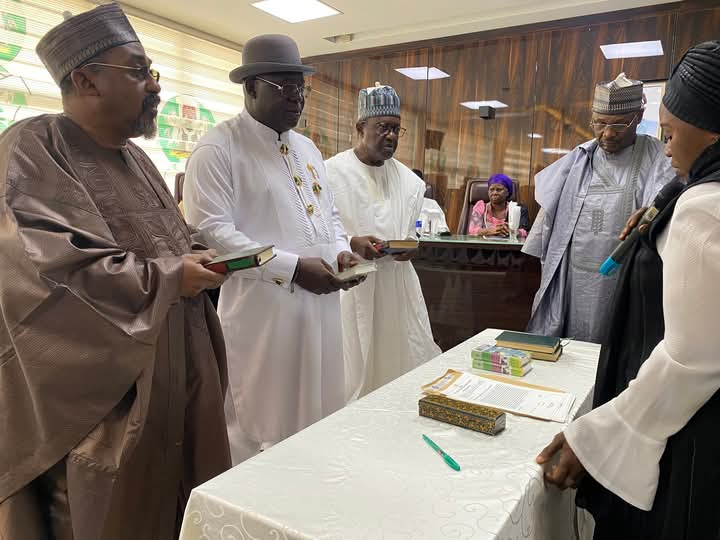By Our Correspondent
On Thursday, May 29, 2025, the University of Uyo published a call for applications to fill the soon-to-be-vacant office of Vice Chancellor. What would ordinarily be a routine administrative announcement has since sparked intense scrutiny and backlash from members of the academic community across Nigeria and beyond. At the heart of the uproar are two newly introduced eligibility clauses that critics say are designed to stifle competition and manipulate the outcome of the selection process.
According to the advertisement signed by the University Registrar, Mrs. Blossom Okorie, aspiring candidates must possess “twenty unbroken years of teaching experience in the university system” and “at least ten publications in academic journals within the last two years prior to the advertisement.” These requirements, though appearing to promote merit and consistency, have been widely interpreted as exclusionary and strategically targeted.
Sources within the university allege that the controversial clauses were inserted at the behest of the incumbent Vice Chancellor, Professor Nyaudo Ndaeyo, who is said to be maneuvering to install a preferred successor—one who would, in the words of a senior academic, “protect the legacy of silence and perpetuate a culture of patronage and mediocrity.”
“The hand of the Vice Chancellor is unmistakable in this advertisement,” said a professor from the University of Calabar, who spoke under condition of anonymity for fear of reprisal. “It is a ploy to shut out dynamic and qualified candidates—especially from other institutions or the diaspora—who could bring reform to a university badly in need of it.”
The clauses in question, critics argue, not only deviate from the established norms of academic recruitment but may also violate the University Autonomy Act and the internal statutes of the University of Uyo itself. Nowhere in those legal frameworks, they insist, are such specific or restrictive criteria outlined as prerequisites for Vice Chancellorship.
“It is unheard of,” said a retired administrator familiar with university governance. “The insistence on an ‘unbroken’ twenty-year teaching record, for example, disqualifies brilliant minds who may have taken brief stints in industry, policy work, or global fellowships. Likewise, the demand for ten publications in just two years imposes a filter that few could pass—and likely only one handpicked candidate would meet.”
The development has reignited long-standing concerns about transparency and leadership ethics in Nigerian universities, where Vice Chancellorship races are often marred by allegations of manipulation, tribal politics, and vested interests.
For years, staff and students at the University of Uyo have lamented what they describe as a steady erosion of academic standards, poor infrastructure, and administrative opacity. Many had hoped that the upcoming transition would mark a turning point—ushering in leadership that would prioritize institutional reform and restore the university’s reputation.
Instead, this latest controversy risks further entrenching public distrust. Several academic unions and civil society groups are now calling on the National Universities Commission (NUC), the Ministry of Education, and other regulatory bodies to review the advertisement and ensure a fair, inclusive, and transparent process.
As the deadline for applications approaches, tension continues to mount. Will the University of Uyo seize this opportunity to course-correct, or will it reinforce the growing perception that Nigeria’s academic institutions are closed systems, governed not by merit, but by manipulation?
For the future of one of South-South Nigeria’s premier universities, the answer may shape more than just its next Vice Chancellor—it may determine whether it can reclaim its role as a true center of learning and innovation.



